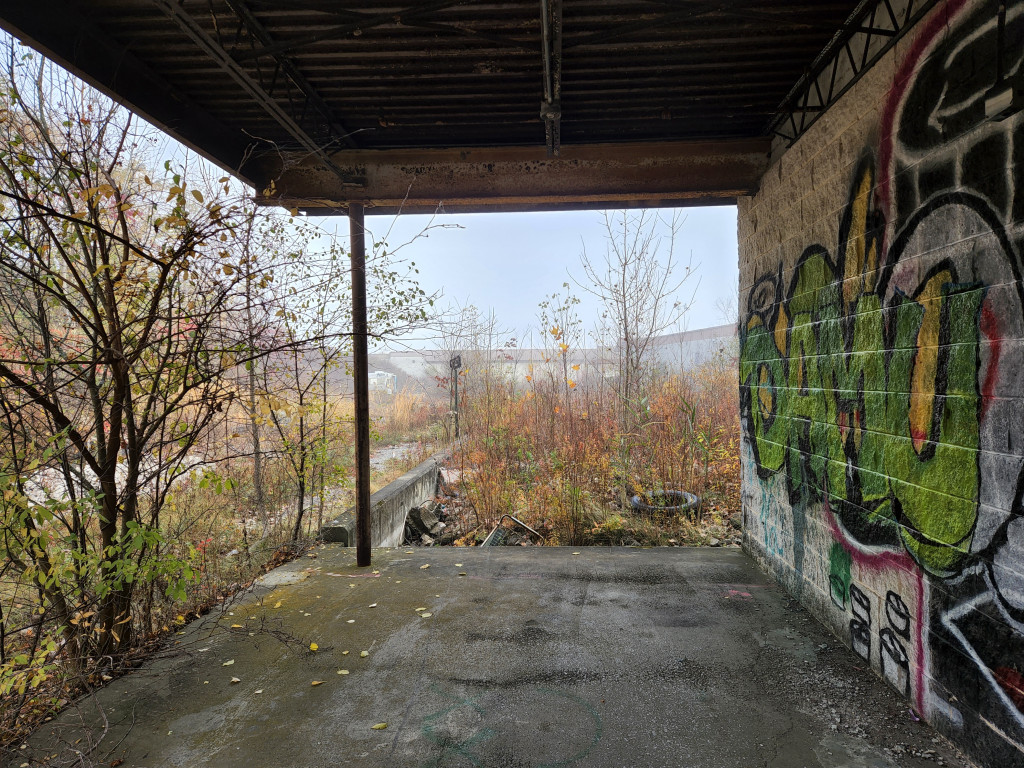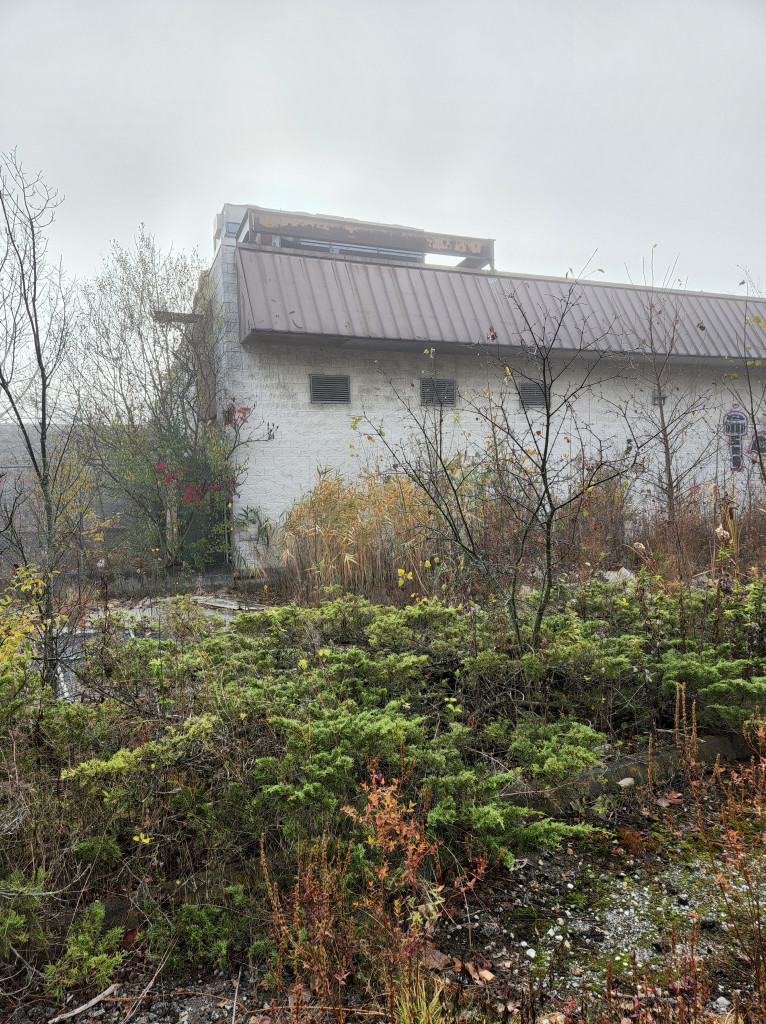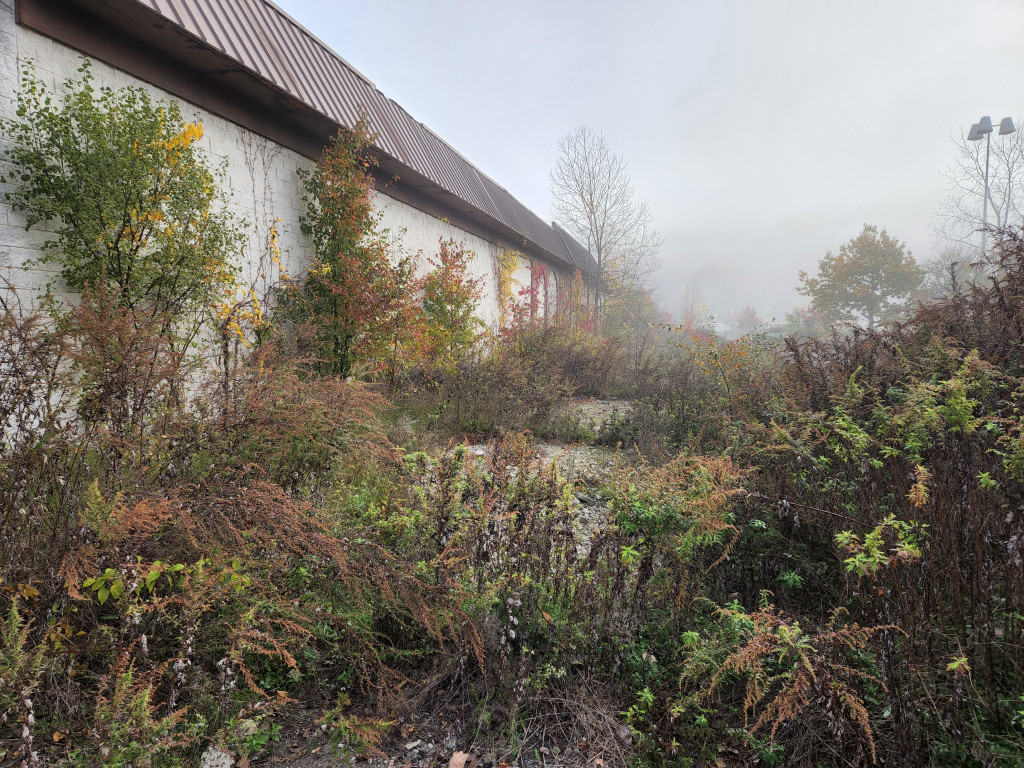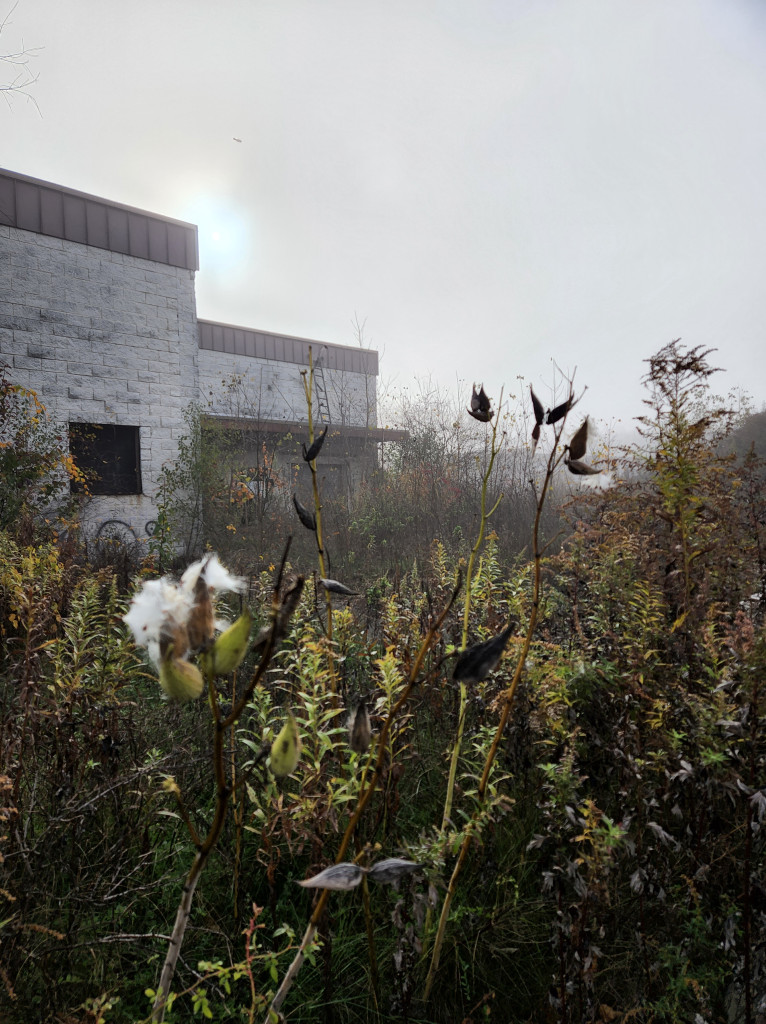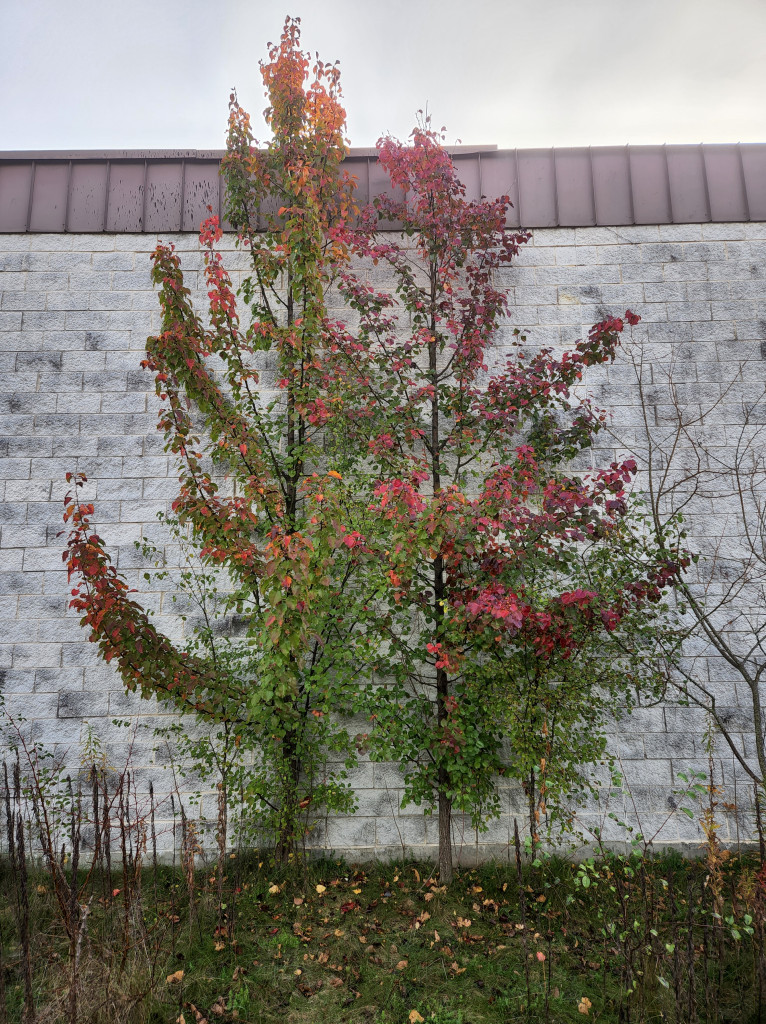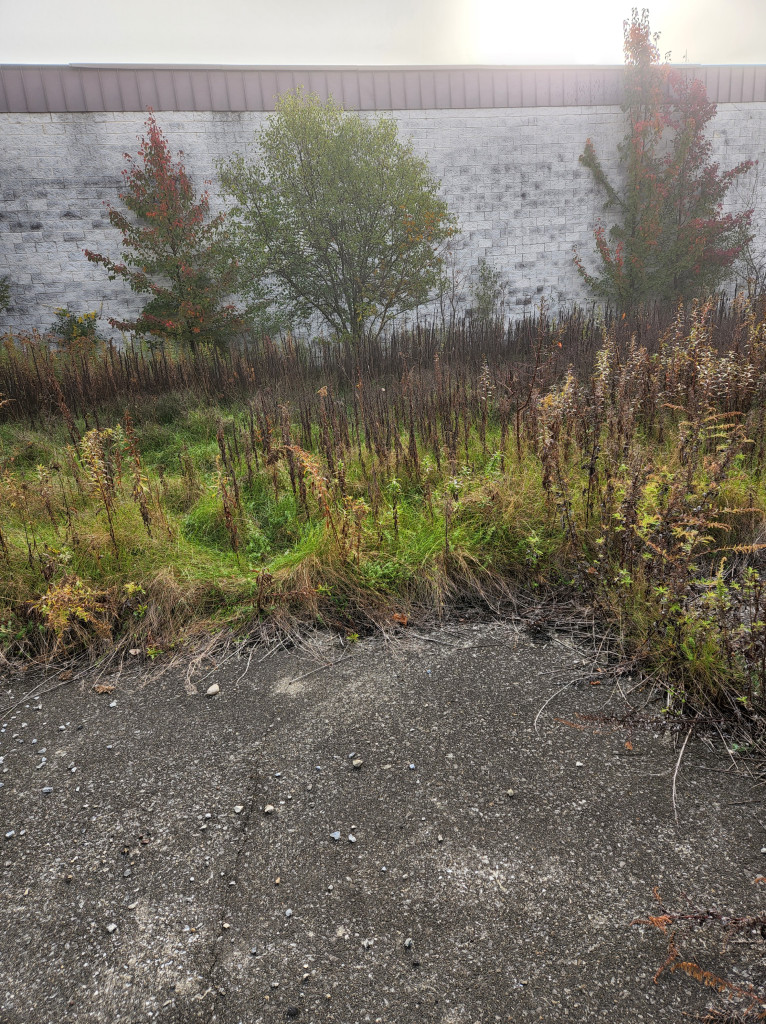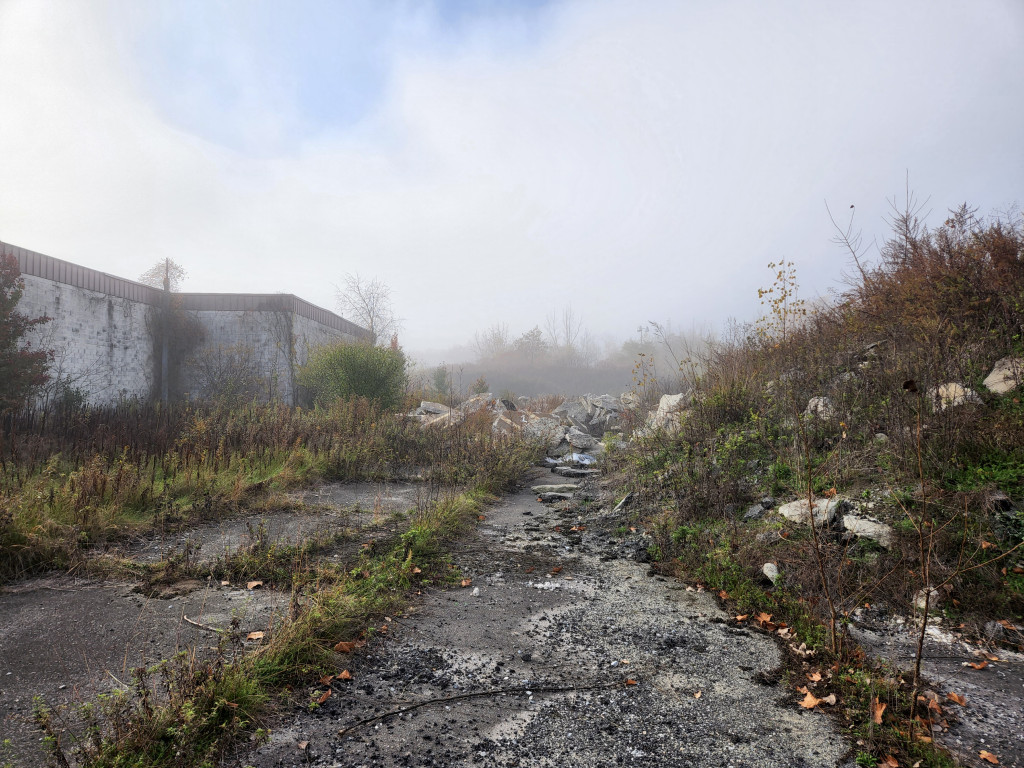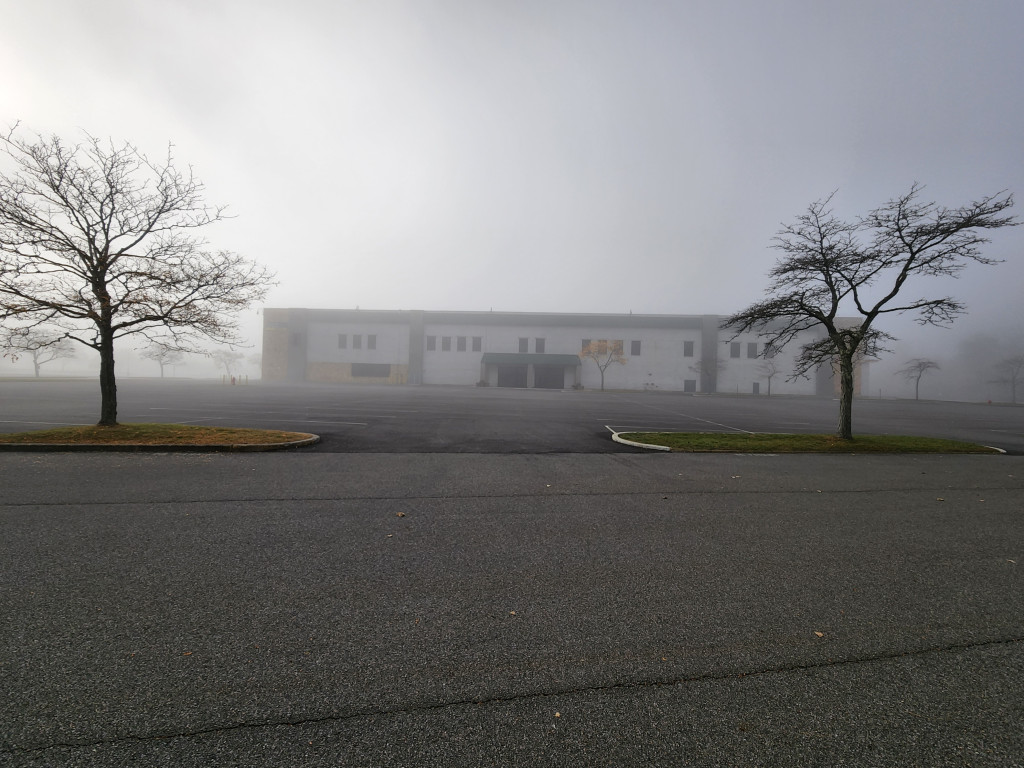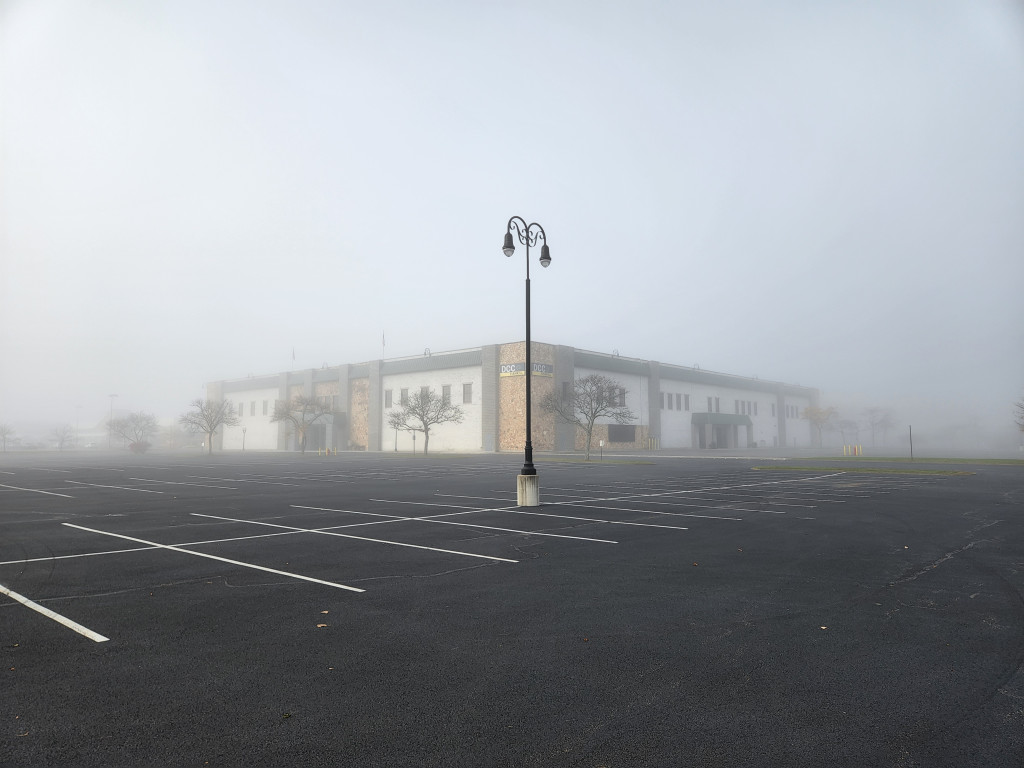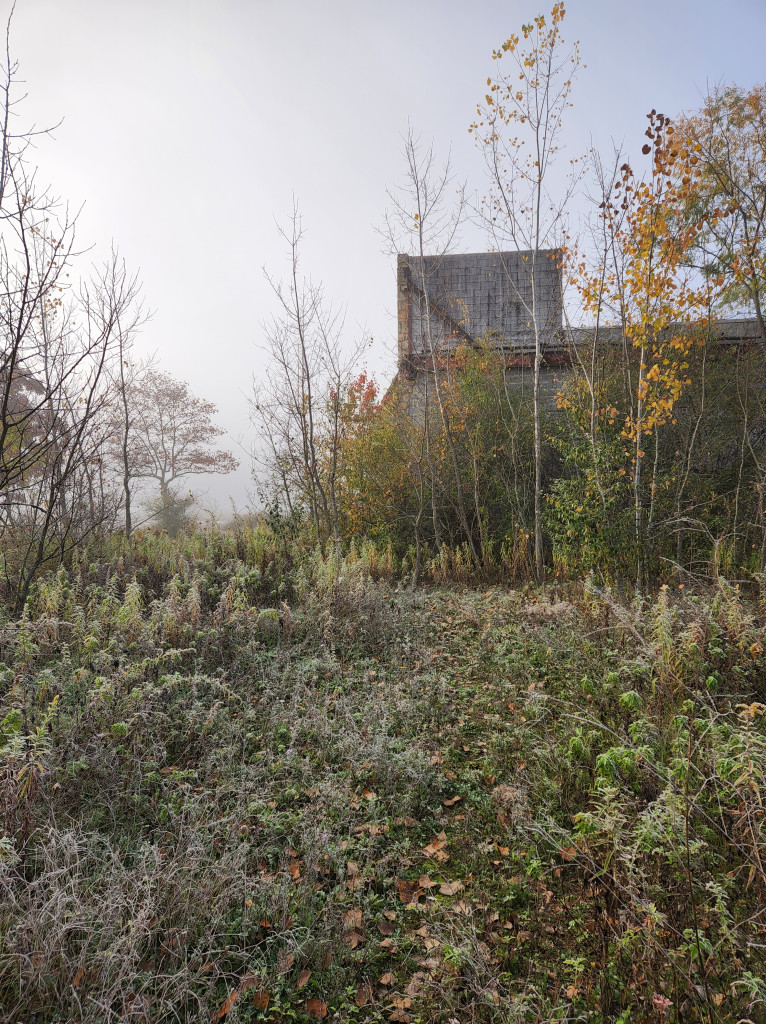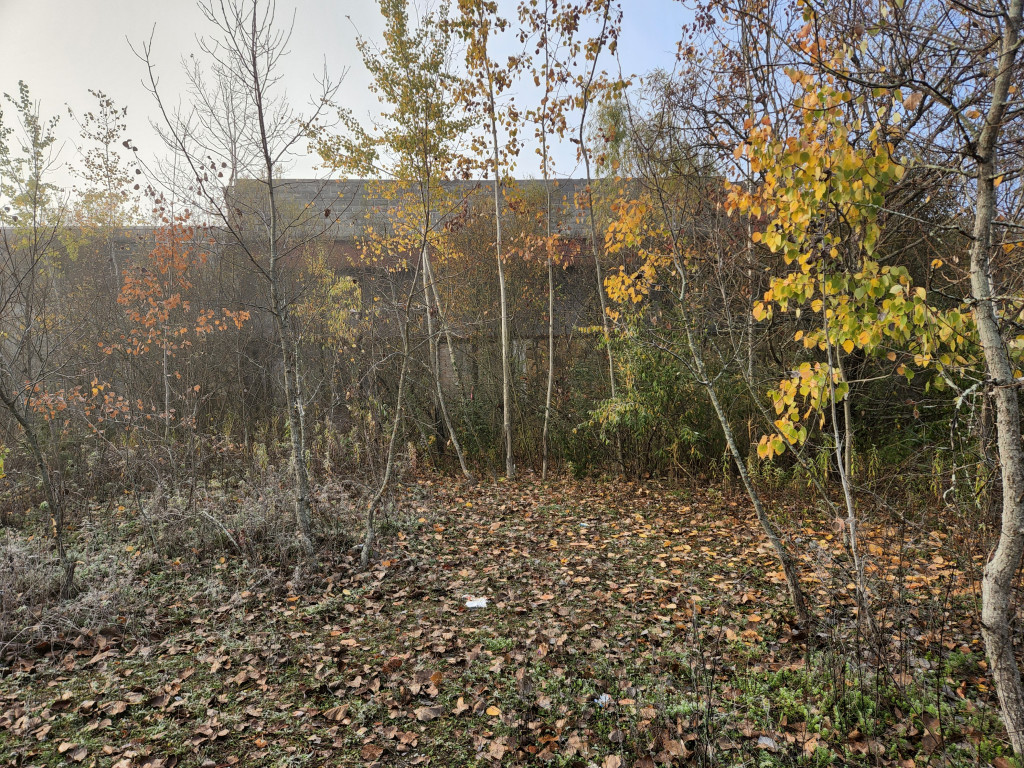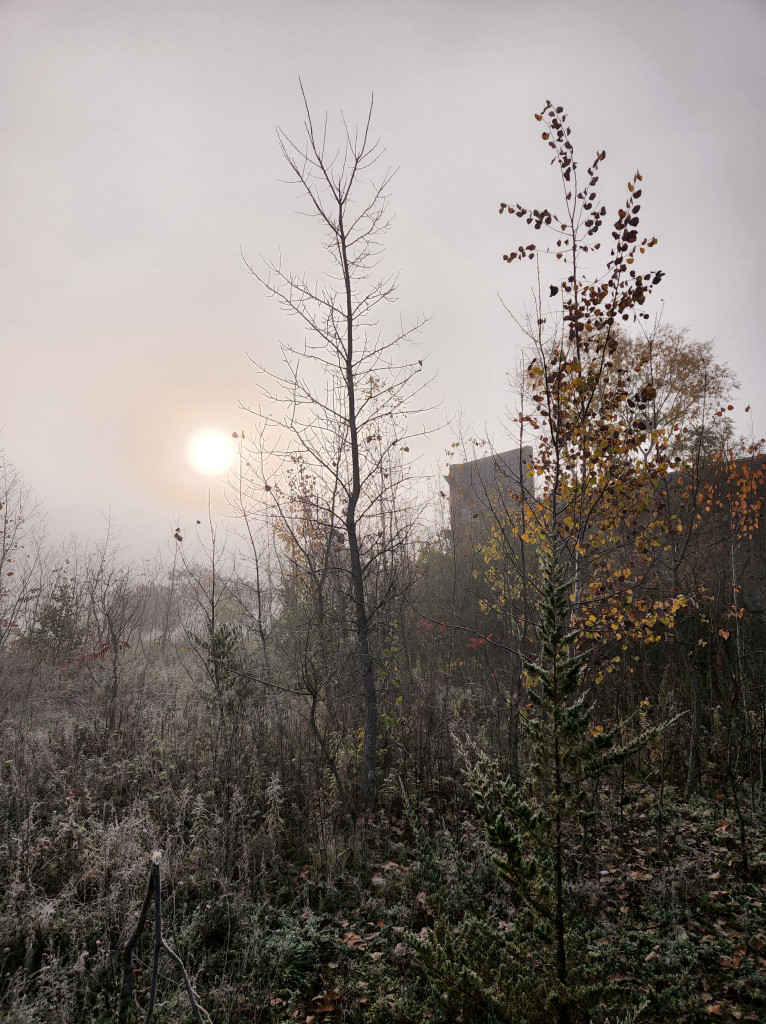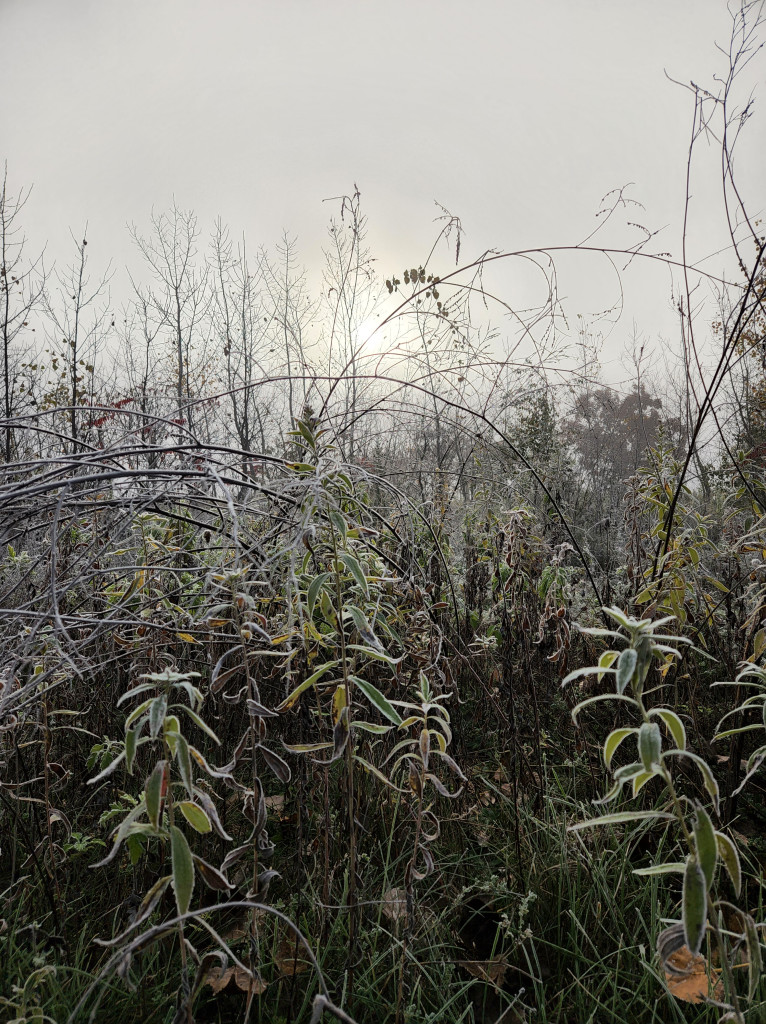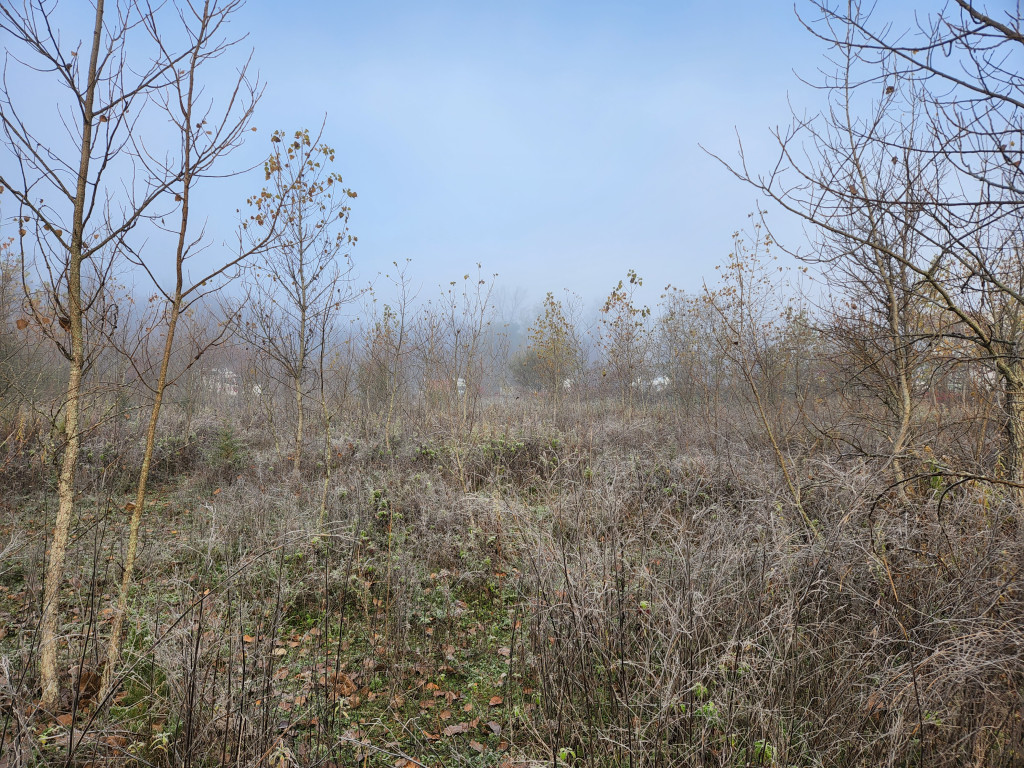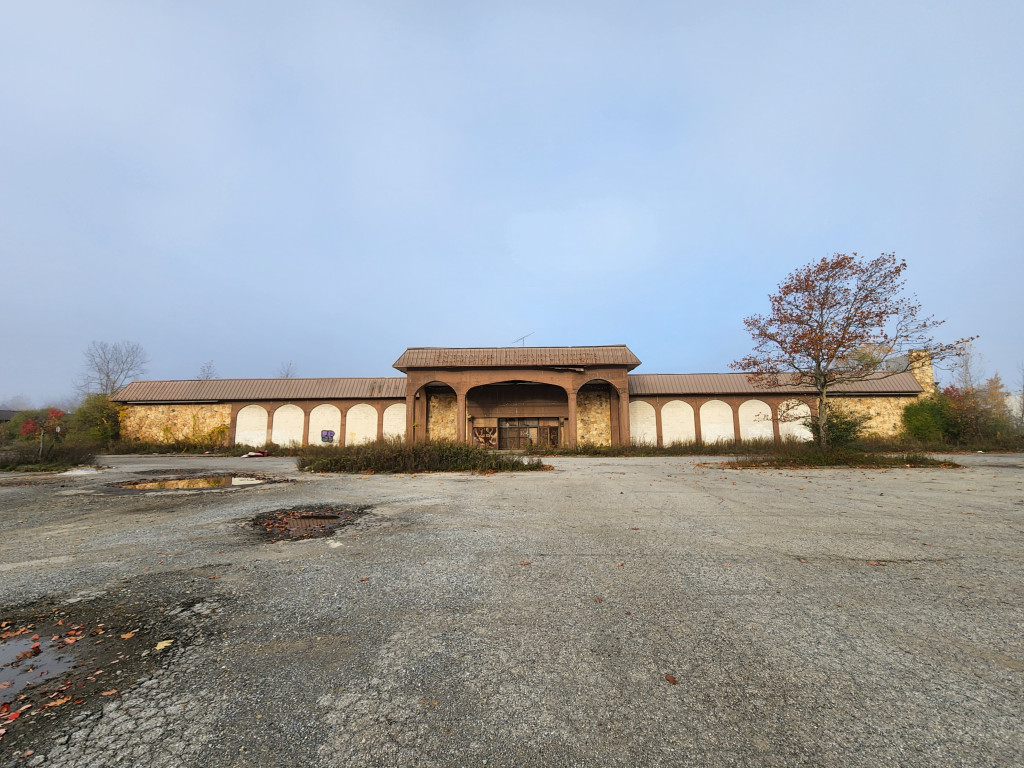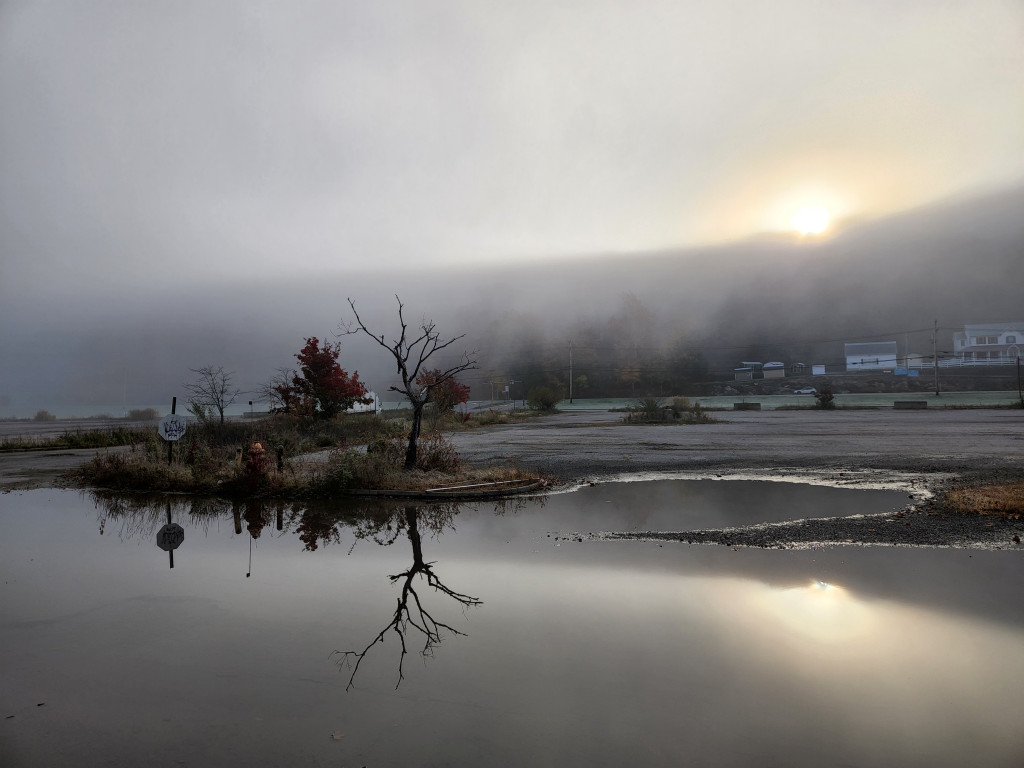Towards a New Vision for the old Dutchess Mall Site and the lower Clove Creek Watershed

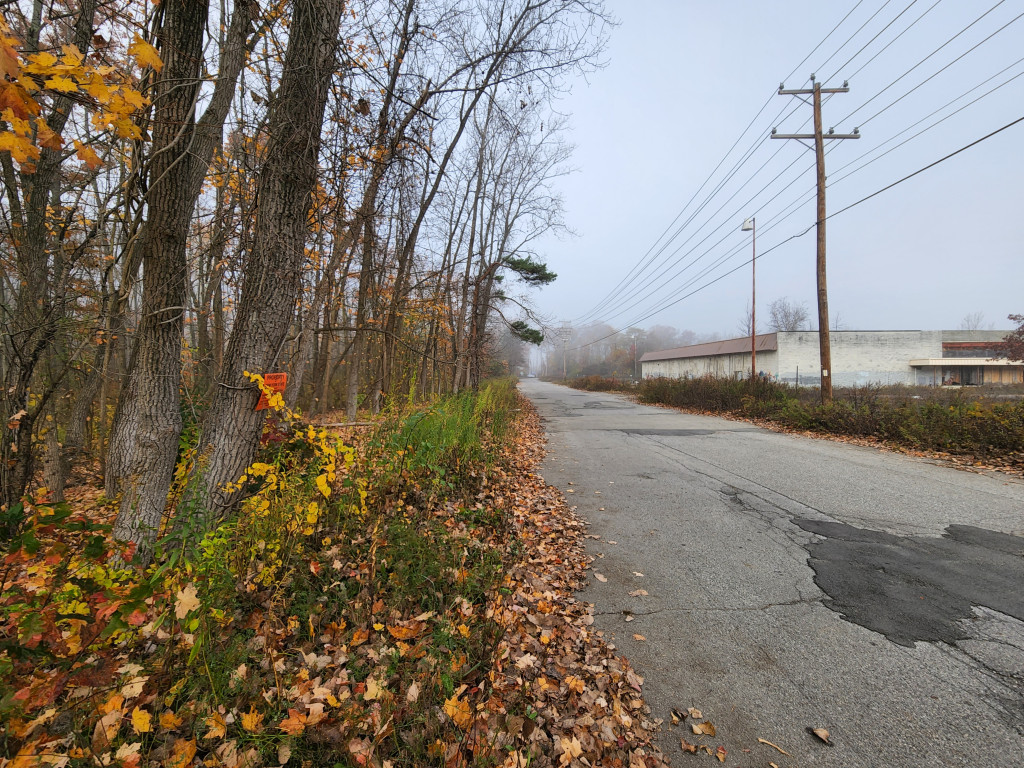
While all eyes and dollars are focused on creating even more amenities to draw more people and more human development to the eastern edges of the Hudson Highlands State Park via the HHFT, the northern edges of the same Park remain woefully underdeveloped and neglected.
While the powers that be pour money and resources into making the already spectacular river reaches of the Park even more spectacular and attractive – destined to draw even larger throngs into an already overtaxed trail network – the northern stretches of the Hudson Highlands State Park – including the fragile Clove Creek watershed – abut the Dutchess Mall and Fishkill Golf land currently under threat of excessive development, as detailed in this article.
Before the northern edges of the Hudson Highlands State Park sink further into ecological neglect and the underappreciated lower Clove Creek (habitat for elusive trout) gets washed down the drain along with excessive roof and parking lot runoff, all who care about this beautiful Park must turn at least part of our attention to its northern reaches – before they are lost forever to mindless overdevelopment.
A truly visionary Park would embrace its less spectacular edges and encourage strategies such as strategic rewilding of the former Dutchess Mall site and Fishkill Golf course. This effort could be dovetailed into applicable programs at Dutchess Community College (currently situated just steps from the Park and Clove Creek) such as biology, exercise/wellness, public health, and hospitality/tourism.
Imagine a world-class educational institution tied directly to a regionally-focused nature-based economy which could include trout fishing (tourism), watershed rehabilitation (biology), camping and hiking (exercise/wellness), and outdoor exploration for disadvantaged populations (public health).
